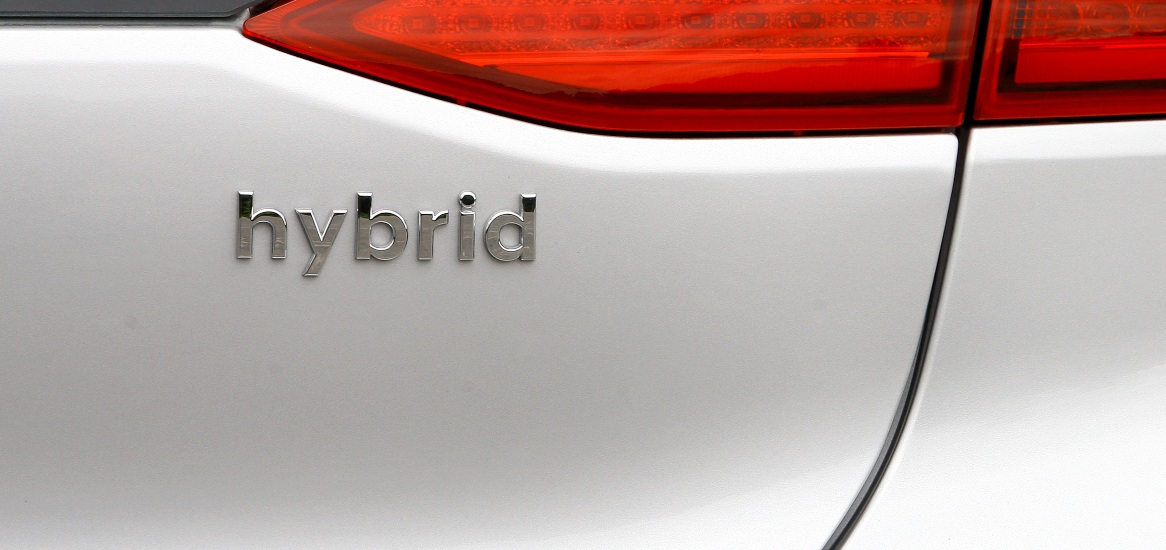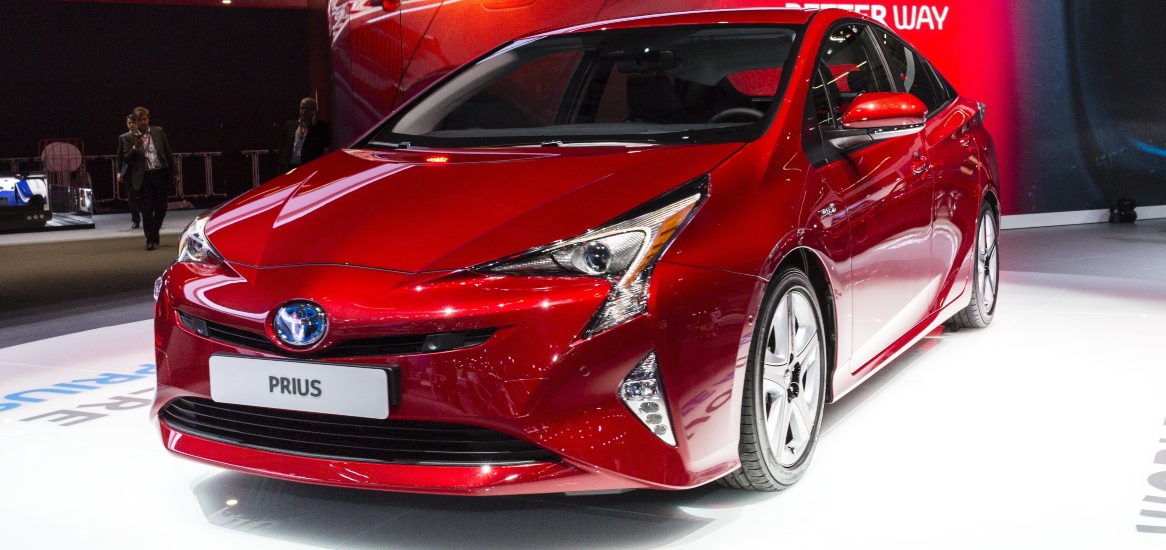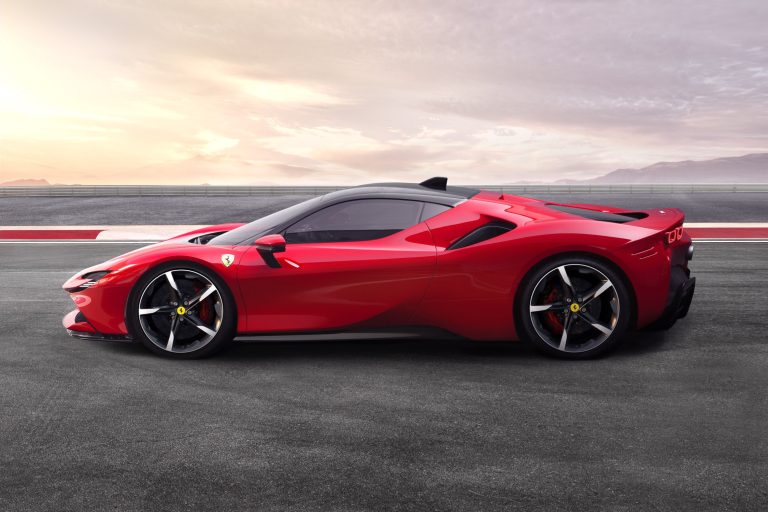Are Hybrid Cars Worth It?
As the world becomes more environmentally conscious, the question on many drivers’ minds is, “Are hybrid cars worth it?” These vehicles, which blend traditional fuel engines with electric power, have been around for a while. Yet, it’s only recently that they’ve caught the attention of the everyday driver, especially those on a budget.
Hybrid cars were once a niche, exclusive to a select few. But today, they’re increasingly popular and affordable, with most automakers offering at least one hybrid model. But how much better is a hybrid vehicle, really? And what are the trade-offs? Let’s take a closer look at the pros and cons of hybrid cars, and whether they’re a good fit for your driving needs.

Are Hybrid Cars Worth It?
Hybrid cars can be a great choice for many drivers, but whether they’re worth it for you depends on your individual needs and priorities. Here’s a breakdown of the pros and cons to help you decide:
Pros:
- Fuel Efficiency and Savings: Hybrids excel in fuel economy, thanks to the combination of an electric motor and a gasoline engine. This translates to significant gas savings, especially for frequent drivers.
- Environmental Friendliness: Hybrids produce fewer emissions compared to traditional gasoline-powered vehicles, reducing your environmental impact.
- Government Incentives: In many regions, there are government incentives like tax breaks and rebates that can offset the higher initial purchase price of a hybrid.
- Regenerative Braking: Hybrids capture energy from braking and coasting, which helps recharge the battery and improve efficiency.
- Quiet Ride: Hybrids can operate in electric mode at lower speeds, offering a quieter and smoother driving experience.

Cons:
- Higher Upfront Cost: Hybrid cars typically cost more to purchase than comparable gasoline-powered models.
- Battery Replacement: While hybrid batteries are designed to last for many years, replacing them can be expensive if needed down the road.
- Less Cargo Space: Some hybrid models might have slightly less cargo space due to the placement of the battery pack.
- Not Ideal for Long Trips: If you frequently take long road trips, a hybrid’s gasoline engine might kick in more often, reducing fuel efficiency benefits.
- Limited Availability in Performance Models: If sporty performance is a priority, hybrid options are still somewhat limited compared to gasoline-powered cars.
Overall, hybrid cars can be a worthwhile investment for many drivers, especially those who prioritize fuel efficiency and environmental consciousness. Carefully weigh the pros and cons, considering your driving habits and budget, to decide if a hybrid is the right choice for you.
How Much Does a Hybrid Save Us?
Calculating how much a hybrid car can save you involves considering several factors, including fuel costs, the type of driving you do, the cost difference between hybrid and conventional vehicles, maintenance, and potential tax incentives. Here’s a breakdown of these factors to help you understand the potential savings:
1. Fuel Efficiency and Cost Savings
Hybrid cars are generally more fuel-efficient than their gasoline-only counterparts, particularly in city driving where their electric motors are most effective. The extent of fuel savings depends on fuel prices, which can vary significantly over time and by location.
- Example Calculation: If a conventional car averages 25 miles per gallon (mpg) and a hybrid car averages 50 mpg, and you drive 12,000 miles per year with gas prices at $3.50 per gallon, you can calculate the annual fuel cost for each and determine the savings:
- Conventional Car Fuel Cost: 12,000 miles25 mpg×$3.50/gallon=$1,680
- Hybrid Car Fuel Cost: 12,000 miles50 mpg×$3.50/gallon=$840
- Annual Savings: $1,680 – $840 = $840
2. Purchase Price and Depreciation
Hybrids generally cost more upfront than similar non-hybrid models, although the price gap has been narrowing. This initial cost difference can offset some of the fuel savings. However, hybrids tend to depreciate slower than conventional cars due to growing demand, potentially improving their long-term financial viability.
3. Maintenance Costs
Hybrids can have higher initial maintenance costs due to their more complex systems. However, they often save money on engine maintenance and brake wear over time. The regenerative braking systems in hybrids reduce wear on brake pads and discs, and the engine experiences less wear due to the electric motor assistance.

4. Tax Incentives and Other Benefits
Many regions offer tax incentives, rebates, or other benefits for hybrid vehicle owners. These can significantly reduce the effective purchase price and improve overall savings. Additionally, hybrids might be exempt from certain fees or tolls and may have access to carpool lanes, adding to their value.
5. Environmental Considerations
While not a direct financial saving, driving a hybrid has environmental benefits due to reduced emissions. This can be a significant factor for those looking to reduce their carbon footprint.
6. Insurance Costs
Insurance costs for hybrids used to be higher, but as they become more common and repair costs stabilize, insurance premiums are becoming more comparable with those for conventional vehicles.
Frequently Asked Questions
What are the potential downsides of owning a hybrid car?
While hybrid cars are celebrated for their eco-friendliness and fuel efficiency, they do come with a few downsides. Higher upfront costs due to sophisticated technology and potentially expensive maintenance are key aspects to consider. However, it’s worth noting that despite fossil fuel usage, emissions are significantly reduced compared to regular vehicles.
Can hybrid cars help me save money?
Absolutely! Hybrid cars are known for their impressive fuel economy ratings, which means they can save on gas expenses over time. Although the initial cost may be higher, operational costs are generally lower, making hybrids a cost-effective option for the long term.
Should I buy a hybrid or a regular car?
In terms of fuel efficiency and environmental impact, hybrid cars are typically the superior choice. They offer the convenience of conventional vehicles with the bonus of reduced fuel consumption and lower emissions, making them a viable option for eco-conscious drivers.
Is it worth investing in a hybrid car now?
Yes, although the initial purchase price of a hybrid car might be higher, you’ll save on operational costs each year you own the vehicle. In addition, hybrids also contribute significantly to reducing carbon footprints, making them a valuable investment for today and the future.
Will my hybrid car last 10 years?
Most hybrid cars are designed for durability, with many expert opinions suggesting an average life of 200,000 miles or more. The majority of manufacturers offer hybrid battery warranties for eight years or 100,000 miles, whichever comes first, with some extending up to 10 years or 150,000 miles.

Hi! I’m Larry Gibbs, studying mechanical engineering with a focus on cars. I really love Ferraris and write blog posts about the latest car stuff. When not studying or blogging, I’m usually on a road trip exploring new places. I also enjoy playing football and watching movies. Life’s an adventure, and I’m all about enjoying the ride!






